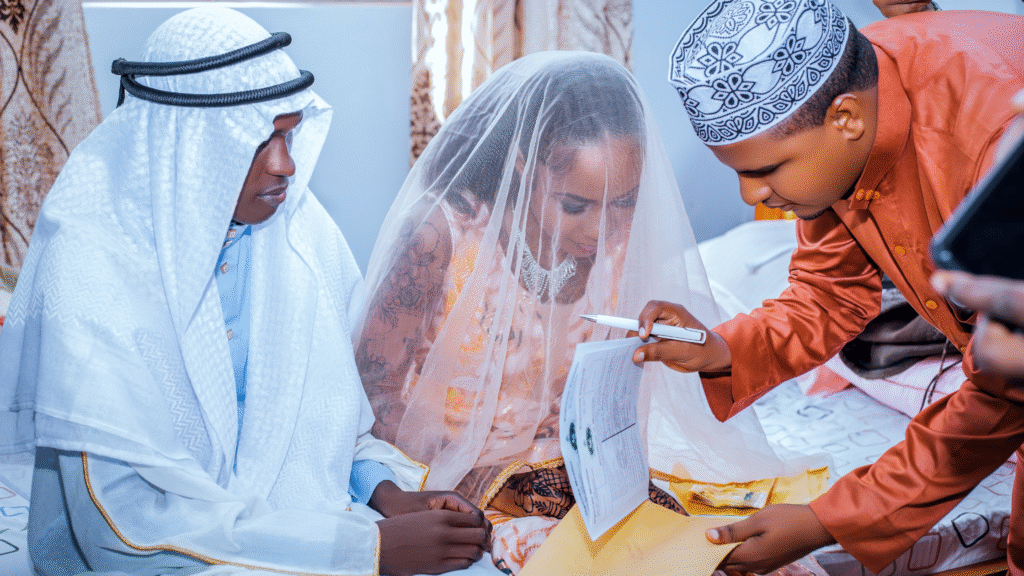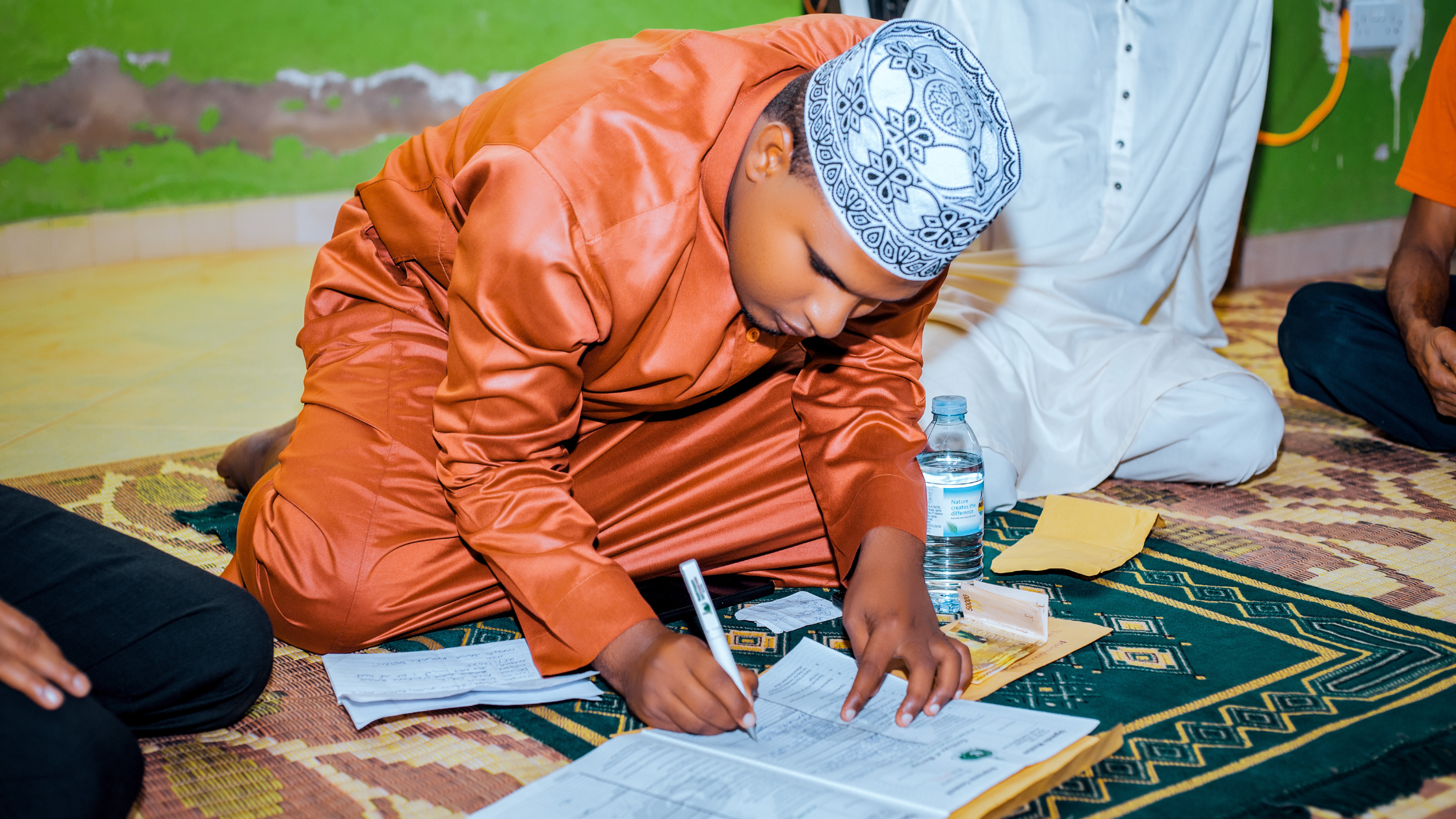Photo attribution for Nikah and Mahr in US Law: Kakomo256, CC BY-SA 4.0 https://creativecommons.org/licenses/by-sa/4.0, via Wikimedia Commons
Understanding Nikah and U.S. Legal Recognition
For many Muslim couples, a Nikah is more than a religious ceremony. It is the foundation of their marriage. But when relationships end, or when financial and property rights need to be enforced in the United States, the question arises: do American courts recognize Nikah contracts in the same way as state-issued marriage licenses? The answer is complex: sometimes yes, sometimes no.
In the United States, a Nikah ceremony alone does not create a valid civil marriage. Couples must also obtain a state-issued marriage license for their union to be legally recognized. Without it, rights related to divorce, property division, spousal support, or inheritance are not automatically available. Courts generally treat the Nikah as a religious event, not a substitute for civil registration.
What U.S. Courts Say About Mahr Agreements

The mahr, a mandatory gift or payment promised to the bride, is the part of a Nikah contract that often receives scrutiny in U.S. courts. Judges often examine these provisions under general contract law:
- In S.B. v. W.A. (New York, 2021), a mahr agreement was upheld because it was specific, signed by both parties, and enforceable under neutral principles of law.
- In Chaudry v. Chaudry (New York), a mahr agreement was recognized, but its fairness was debated.
- Other courts have refused to enforce mahr provisions if the terms were vague, if there were concerns about coercion, or if the agreement conflicted with state law or public policy.
- State differences matter: New York and New Jersey have been more open to enforcing mahr agreements, while California is more restrictive. In In re Marriage of Turfe (California), the appellate court refused to invalidate a marriage based solely on a mahr dispute, making clear that religious expectations cannot replace civil law requirements.
How U.S. Courts Treat Mahr Agreements
Recent case law and commentary show that while U.S. courts do not enforce religious law, they may uphold mahr agreements if drafted as valid contracts:
- In Maryland, appellate courts have upheld mahr agreements when clear terms and voluntariness were present, treating them like prenuptial contracts.
- In Seifeddine v. Jaber (Michigan), a mahr agreement was enforceable under neutral contract principles, showing that courts will not disregard these contracts simply because they arise from religious tradition.
- The key factors that improve enforceability include:
- Clear and specific terms.
- Voluntary consent from both spouses.
- Consistency with state contract law.
- Avoiding religious-only phrasing.
Drafting Matters: Ensuring Enforceability in U.S. Courts
For couples who want their Nikah contract to hold weight in U.S. courts, careful drafting matters.
- Registering a civil marriage license along with the Nikah ceremony is essential.
- The mahr clause should be written in clear, contractual language, avoiding purely religious phrasing.
- Both parties must sign voluntarily with a full understanding of the terms.
- Ideally, legal counsel should review the agreement to ensure compliance with state contract law.
Bridging Faith and Legal Protection

For Muslim couples, the safest path is to treat the Nikah as a religious foundation while also securing legal recognition through a civil marriage license. If desired, a carefully drafted prenuptial or postnuptial agreement can incorporate mahr terms in ways that courts are more likely to enforce.
At Qazi Law, we help couples navigate this delicate intersection. Our role is to ensure religious commitments are respected while protecting rights under U.S. law.
Conclusion: Protecting What Matters Most
Nikah contracts are sacred, but they do not automatically carry legal weight in the United States. The mahr clause may be enforceable if structured carefully, but outcomes vary by state and the quality of the contract.
At Qazi Law Offices, we specialize in bridging faith and law to protect what matters most. 630-504-0648 or schedule a confidential consultation with Attorney Farrah.
Sign Up for Our Newsletter: Receive weekly immigration news and free toolkits.
Follow us on social media to stay informed:
Facebook: Qazi Law Offices
Instagram: Abogada Farrah Qazi
LinkedIn: Qazi Law Offices
A Nikah is a spiritual bond. With the right legal safeguards, it can also protect your rights in the courts of the United States.

